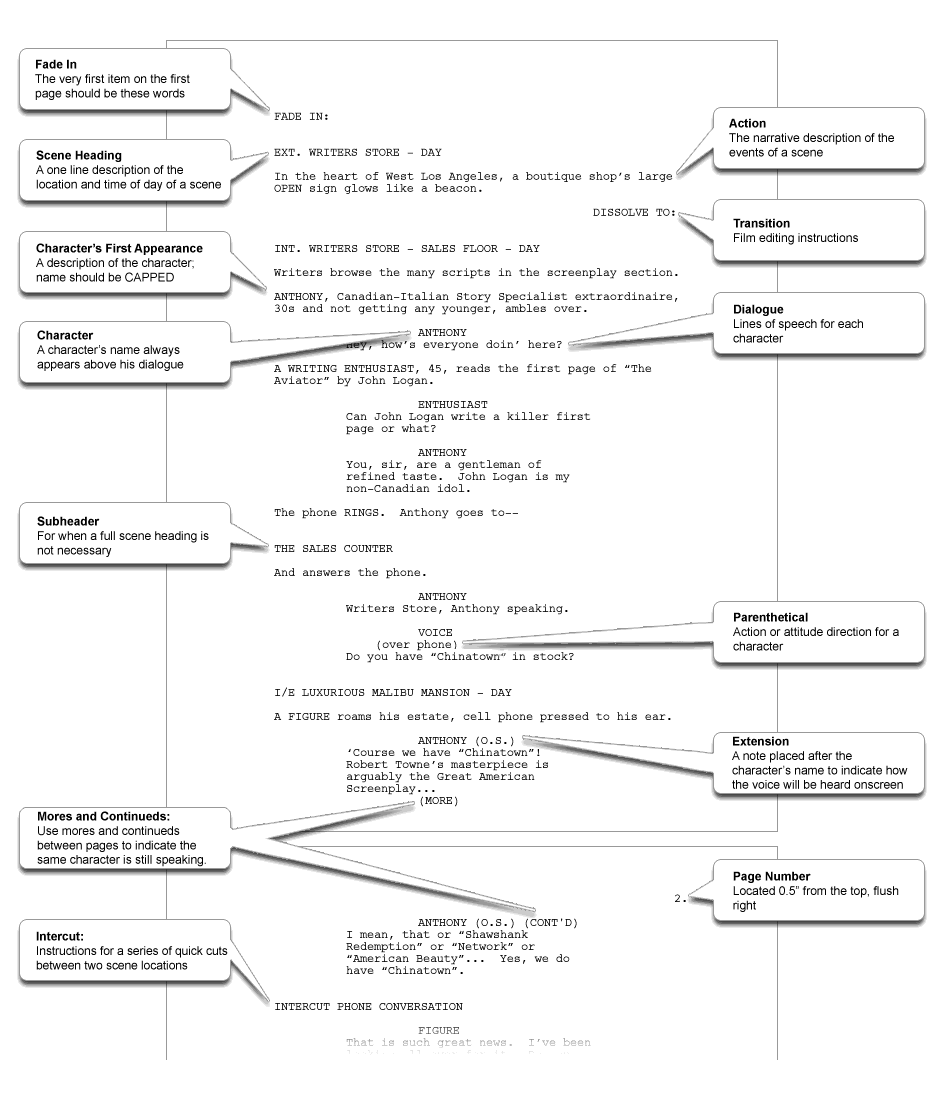Not really, and unless you are up to something on the side, you probably don't even have a screenplay (or a short story or a book for that matter). But what you might have, still, is that problem of folks in the HR and even IT game have been lamenting just about forever - no 'real' business people take you all that seriously. 
For whatever reason the people in the organization that get to decide the 'what' of what people do are more important and 'strategic' than the people that (largely) are responsible for finding and hiring those people in the first place (HR), and identifying, procuring, deploying, and maintaining all the technologies that the people rely on every day (IT). That is probably true in most organizations and it's also true that it's unlikely to change unless HR and IT start to think a little differently about the problem.
I was thinking about this over the weekend when I read this piece in the New York Times, Solving the Equation of a Hit Film Script, With Data, about a new method or process where Hollywood film scripts are evaluated, and suggestions for improvement given, based on data-driven analysis. How does the process work? From the NYT piece:
Netflix tells customers what to rent based on algorithms that analyze previous selections, Pandora does the same with music, and studios have started using Facebook “likes” and online trailer views to mold advertising and even films.
Now, the slicing and dicing is seeping into one of the last corners of Hollywood where creativity and old-fashioned instinct still hold sway: the screenplay
A chain-smoking former statistics professor named Vinny Bruzzese — “the reigning mad scientist of Hollywood,” in the words of one studio customer — has started to aggressively pitch a service he calls script evaluation. For as much as $20,000 per script, Mr. Bruzzese and a team of analysts compare the story structure and genre of a draft script with those of released movies, looking for clues to box-office success. His company, Worldwide Motion Picture Group, also digs into an extensive database of focus group results for similar films and surveys 1,500 potential moviegoers. What do you like? What should be changed?
Pretty interesting and still in this age of data trumping everything kind of unusual. Although even as I recently wrote about here, data and algorithms and machine learning approaches encroaching on formerly 'creative' endeavors are starting to pop up more and more.
Applying intelligence, Big Data, and more powerful technologies for improving movie screenplays does more than just fix up the dramatic scene in Act III, it allows a guy like Vinny Bruzzese, who as far as we can tell had no 'real' movie experience, to become an influential participant in the movie-making process.
His data, team of analysts, and statistically-backed conclusions and suggestions, now put him more and more 'at the table' (sorry), where formerly only writers and movie producers used to meet. It doesn't really matter that he didn't go to film school or he didn't spend the 80s directing episodes of Full House, his data-driven solutions make him a Hollywood player.
Influence in business seems to be becoming more about who can gather, assess, and make data actionable, than who has the 'right' degree or experience. And the background of the people who can do that might be a lot different than who normally used to have that kind of influence.